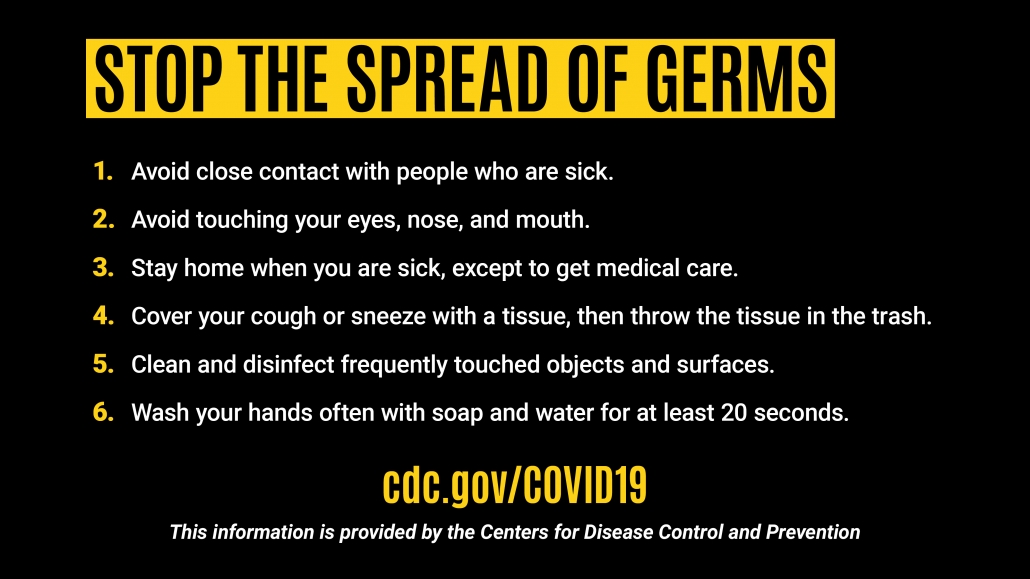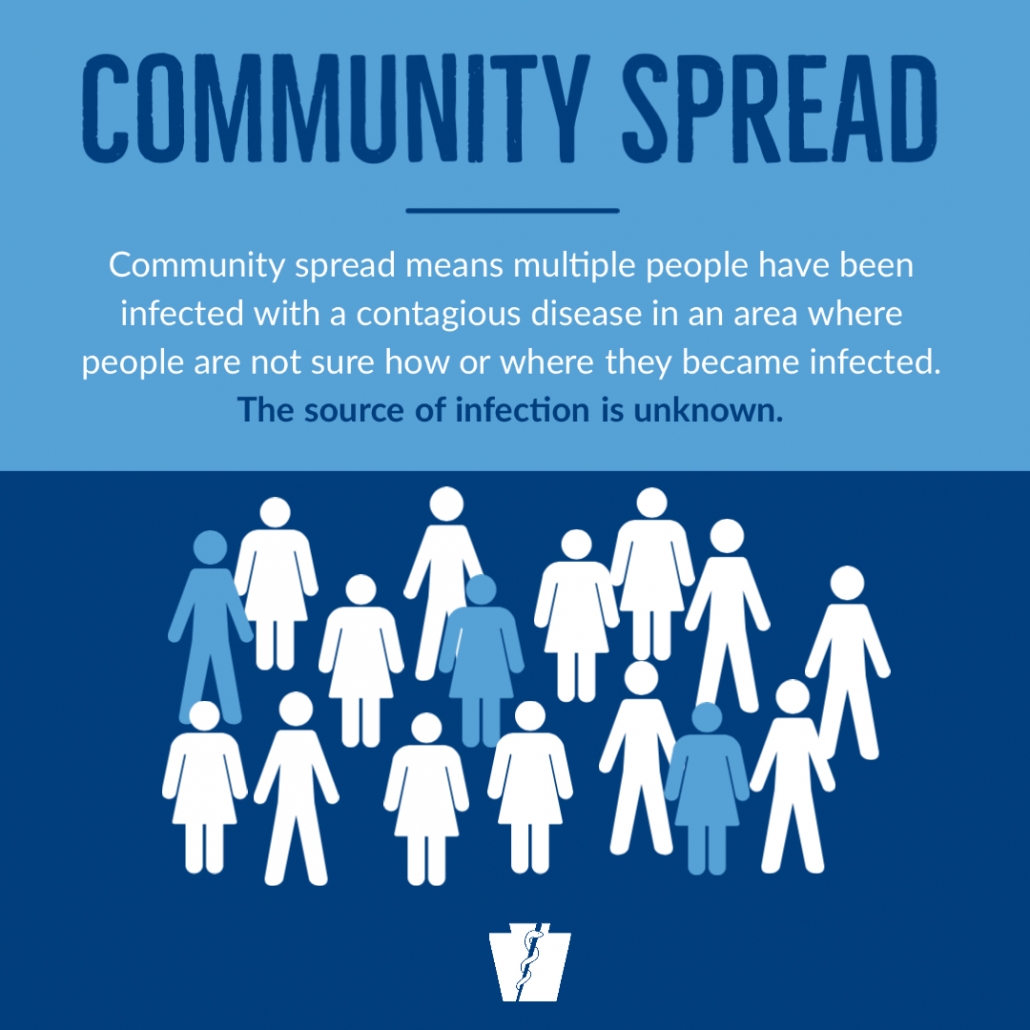Pi (π) is the ratio of a circle’s circumference to its diameter. Pi is a constant number, meaning that for all circles of any size, Pi will be the same. (It’s also a great day to deliver pie to Gordon Fischer Law Firm…any kind will do!)
Like geometry, in estate planning there are many variables, and some constants, too. Ironically, one of the constants in estate planning is change. And as your life and circumstances changes, your estate plan needs to change too.
Change & Your Estate Plan
Let’s assume you’ve gone to an estate planning lawyer, and you have (at the very least) the six “must have” estate planning documents. That’s great, well done. (You can read all about these six documents here.).
But remember you also need to keep these documents updated and current.
Major Life Events
If you undergo a major life event, you may well want to (re)visit with your estate planning lawyer, to see if this life event requires changing your estate plan through different provisions, tools, and strategies.
What do I mean by a major life event? Some common such events include:
- The birth or adoption of a child or grandchild
- Marriage or divorce
- Illness or disability of a spouse or beneficiary
- Purchasing a home or other large asset
- Moving to another state
- Large increases or decreases in the value of assets, such as investments
- If you or your spouse receives a large inheritance or gift
- If any family member or other heir dies, becomes ill, or becomes disabled
- Launch or closure of a business
This is just a short list of life events that should cause you to reconsider your estate plan; there are many others.
Changes in goals
It’s not just life changes, though. It may be that your overall goals for your estate plan have changed over time. You may want to change the amounts of inheritances. As your financial situation changes, you may want to increase or decrease, your charitable bequests.
Laws are dynamic and changing
And, it’s not just changes in your own life you need to think about, either. Congress, the Iowa legislature, and the courts are constantly changing the laws. When the rules change, so too must your estate plan.
Meet the Donor Family
To illustrate when estate plans should be updated, let’s look at the Donor Family. Jill and Dave have been married for 25 years and have four grown children. They executed a common-sense estate plan a few years ago.
Since that time, the Donors have gone through many changes, as you would expect, and as all families have. Should Jill and Dave update their estate plan to reflect changes in their family’s circumstance? Consider the following:
Divorce
One of the Donor kids filed for a divorce from his wife. Jim and Carol need to update their estate plan since they decided they now want to exclude the ex-spouse as a beneficiary.
Changes in financial status
Jill’s uncle passed away and left her a great deal of money. The Donors need to determine how this inheritance will affect their current plan and future estate tax liability. The Donors may want to be more generous to their favorite charities. They may want to talk to their estate planning lawyer about charitable giving through a planned gift, such as a charitable gift annuity or charitable remainder trust.
Birth
Our example couple’s youngest child recently announced that she and her spouse are expecting their first child. Jill and Dave must update their estate plan to provide for the new grandchild.
Major changes in health
The Donor’s youngest child was in a serious car accident, which resulted in severe disability. He can no longer work and is receiving government disability benefits. The Donors will want to seriously consider setting up a special needs trust. This type of trust will allow a beneficiary to receive inheritances, without it being considered income by the government for qualification purposes.
New real estate outside Iowa
Jill and Dave recently bought a vacation home in Arizona. The vacation home may well be affected by Arizona laws. In any case, the Donors’ estate plan should reflect this new asset.

As you can see the Donor Family has many reasons to revisit their estate plan, and more than likely, so do you! In between bites of your favorite pie, review your current estate plan to make sure its current. (If you still need an estate plan, the best place to start is with my Estate Plan Questionnaire.) Additionally, I can always be found at gordon@gordonfischerlawfirm.com and 515-371-6077.





























